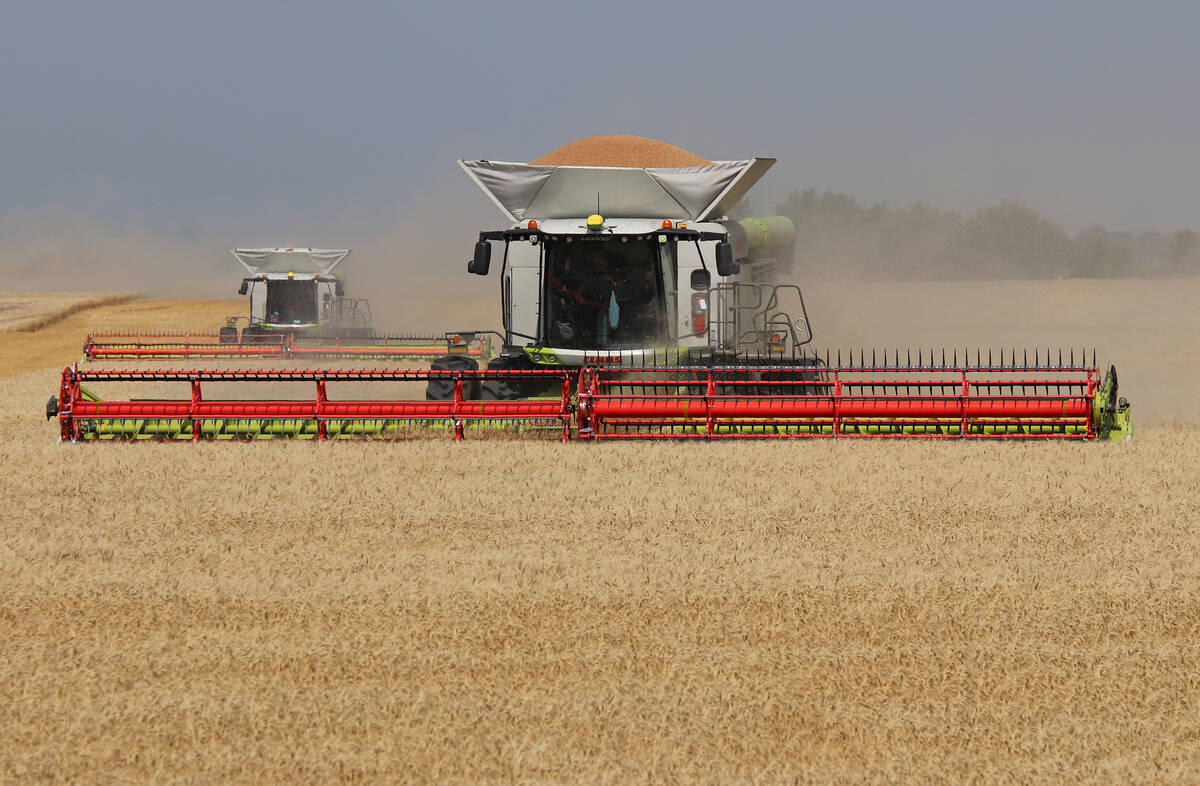A citizens’ conference on food biotechnology has produced a list of recommendations for the future of science in Canada.
The committee of 15 believes public participation is lacking in dealing with how biotechnology is used to produce food. They want more communication among Canadians and will forward their recommendations to government and industry.
The group’s recommendations include:
- An independent source should gather public opinion and public participation should be ongoing.
- The national biotechnology advisory committee must be government-funded and independent. It should include representation from all who are affected by this technology. The committee should give advice and recommendations to the government.
- A national code of ethics should be developed as part of the regulatory process for food biotechnology products.
- Develop international standardization of biosafety standards.
- An effective food labeling policy must be developed to inform consumers about what they are buying.
- Interdisciplinary peer-reviewed research should be incorporated into the risk assessment process of new foods.
- The federal government should monitor and assess the impact of the concentrated control of the food industry, as control of the food industry falls into fewer hands.
- The national biotechnology advisory committee should review patent law and its application to food biotechnology.
- A broad public relations programs is needed to tell the industry, producers and the public what biotechnology involves.
- Alternatives to antibiotic-resistant marker genes should be used. Food biotechnology should not increase the level of antibiotic resistance.
Read Also

China’s grain imports have slumped big-time
China purchased just over 20 million tonnes of wheat, corn, barley and sorghum last year, that is well below the 60 million tonnes purchased in 2021-22.















